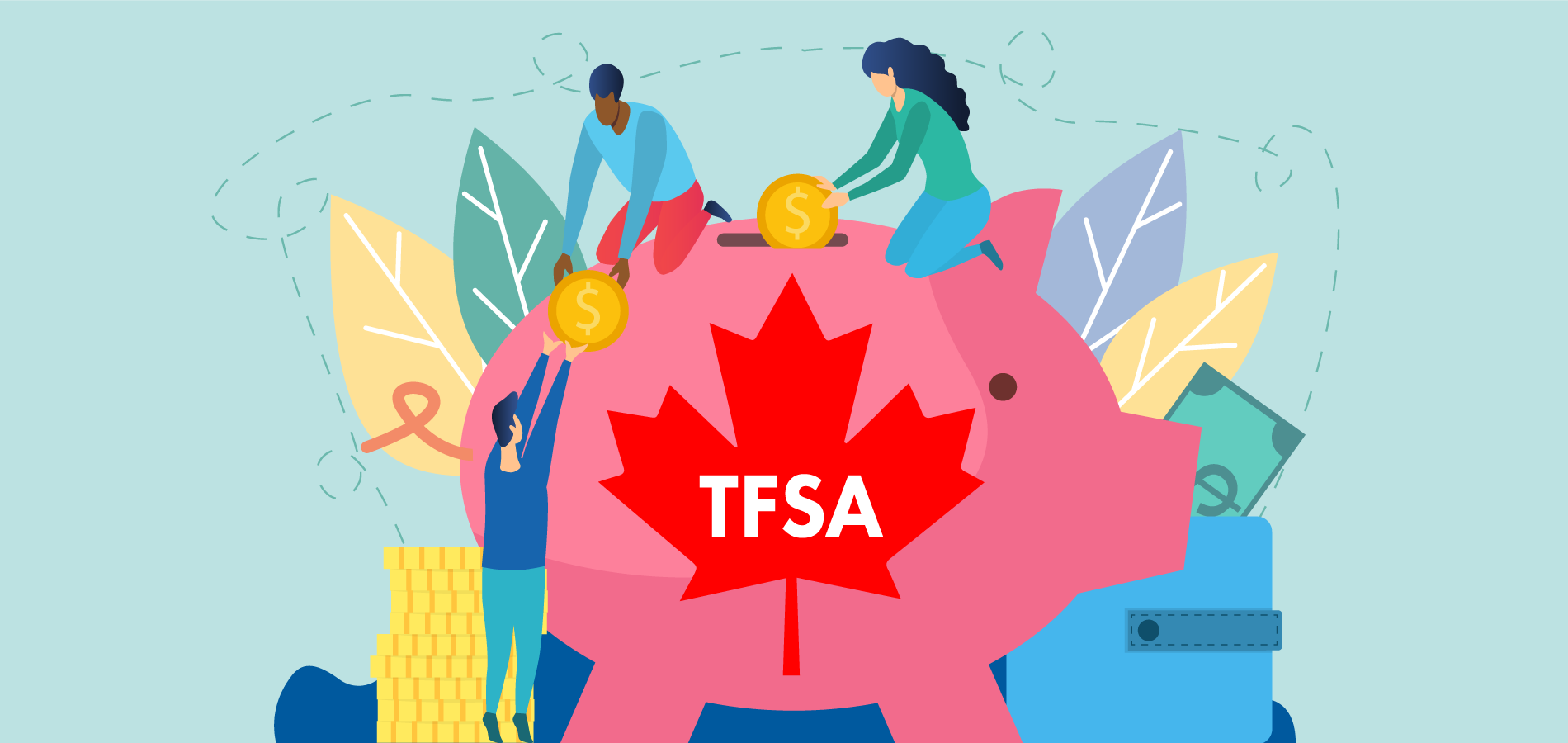When you run a small or medium-sized business, you want to be sure to stay in the good books of the Canada Revenue Agency. If you are audited by the CRA, it could cost you a lot of money, not to mention the headaches and stress involved.
In this post, we will look at what to do if the CRA advises you that you are being audited. More importantly, we’ll discuss ways to avoid the red flags that the tax agency looks for in deciding whom to target.
First the good news. The CRA only has the resources to do small business auditing on about 30,000 companies per year. That’s a tiny fraction of the more than 4.3 million firms across the country. So, as long as you stick to the rules you can fly under the radar.
Here are some of the red flags that the CRA looks for (and how to avoid them) in choosing small business auditing targets:
- Large deductions for travel, meals and entertainment. Be sure to keep these reasonable, especially compared to your revenue and profitability. Maintain records of why this spending was necessary – it will be important in the event that you are hit by a CRA small business audit.
- Cash businesses: Restaurants, hair salons and home renovation firms that often receive cash payments from customers are subject to review. The government wants to be sure that companies are reporting all revenue, rather than having some of it slip into the underground economy. For example, it knows what a typical barber earns every year – so it’s a red flag if you list your income as a fraction of that amount.
- Recurring losses: It’s OK if your business loses money one year but it can raise eyebrows if this is an ongoing trend. The CRA may be concerned that your business is more of a hobby and a tax dodge. For example, if you make Christmas ornaments in your garage and claim a lot of expenses, the government may wonder if you have a serious expectation of making a profit.
- Family on payroll: There is nothing wrong with having your spouse or kids help with your business. But you have to pay them a reasonable salary for the work that they do – you can’t be seen to be just income splitting in order to reduce your tax burden.
- Make sure that your tax filings align with one another. Businesses must file a GST/HST return, report their payroll taxes and submit an end-of-year corporate tax return. If the reported income on your GST/HST return differs from the business income tax filing, it will raise a red flag. If you are struggling with these reports, you may wish to get professional help from a certified accountant to avoid a small business audit.
What to do if you are audited by the CRA
First of all, there are different types of small business auditing:
Corporate income tax: The CRA will verify that you are reporting all sources of income. As well, they will review your expenses to make sure that they are valid. Claims for home office costs, company use of personal vehicles and meals/entertainment are some of the most common expenses that are subject to review during a CRA small business audit.
GST/HST filing: The auditor will check to make sure that you are reporting the correct revenues that are subject to tax. In addition, they will review your claims for GST/HST paid, which the CRA calls input tax credits. Therefore, it’s important to keep receipts for all of your expenses and make sure that the vendor has noted the amount of tax and provided their tax number (this indicates to the CRA that the vendor is filing their tax return).
When you are audited, you first need to determine whether you need professional help. You may wish to speak with your accountant first to see if they can assist. If your business is particularly complex, you may need to consider hiring a tax lawyer. While this can increase your small business audit cost, it can save money over the long run – not to mention reducing your headaches about having to deal directly with the tax man.
How does a CRA small business audit work?
The Canada Revenue Agency will notify you that you are being audited. As we indicated, you should first decide if you can handle this on your own or whether you need professional help. Secondly, you should make sure that your books are in order and that you have receipts for all of your expenses. If you are claiming business use of your personal auto, you should have a log of business travel, providing an explanation of each business trip.
The CRA auditor will normally review your electronic records before meeting at your place of business. This saves time and is more efficient. Next, the auditor may come to your premises to go over your invoices, expense receipts and bank statements in greater detail.
Once the auditor completes the small business audit, they will advise you of their findings. If there are no changes to your tax return, the file will be closed. And you can breathe a sigh of relief!
However, they may find that your tax return needs to be adjusted. They will provide a written summary and you have 30 days in which to respond whether you agree or disagree with the findings. The CRA encourages business owners to discuss the issue with the auditor in a bid to reach an agreement.
The CRA will then issue a Notice of Reassessment. Again, you have the option of objecting to the notice if you don’t agree with it. The auditor’s manager may review the file to determine whether the small business audit has been fair.
In the end, you will have to pay the additional tax owing under the Notice of Reassessment unless you can come up with a reason that it is inaccurate.
Ultimately, you can appeal to the Tax Court of Canada. You do not have to hire a tax lawyer to represent you but it is advisable. Obviously, this step will be time-consuming and expensive so only pursue it if you are fairly confident that the CRA is in the wrong.
The Takeaway of Small Business Auditing
Everyone who runs a small business can theoretically be audited. However, you can reduce your chances of being targeted by the CRA by only claiming reasonable expenses and reporting all income, including payments made in cash. If you are audited, make sure your records are detailed and up to date. Then decide if you need professional help from your accountant or tax lawyer.





